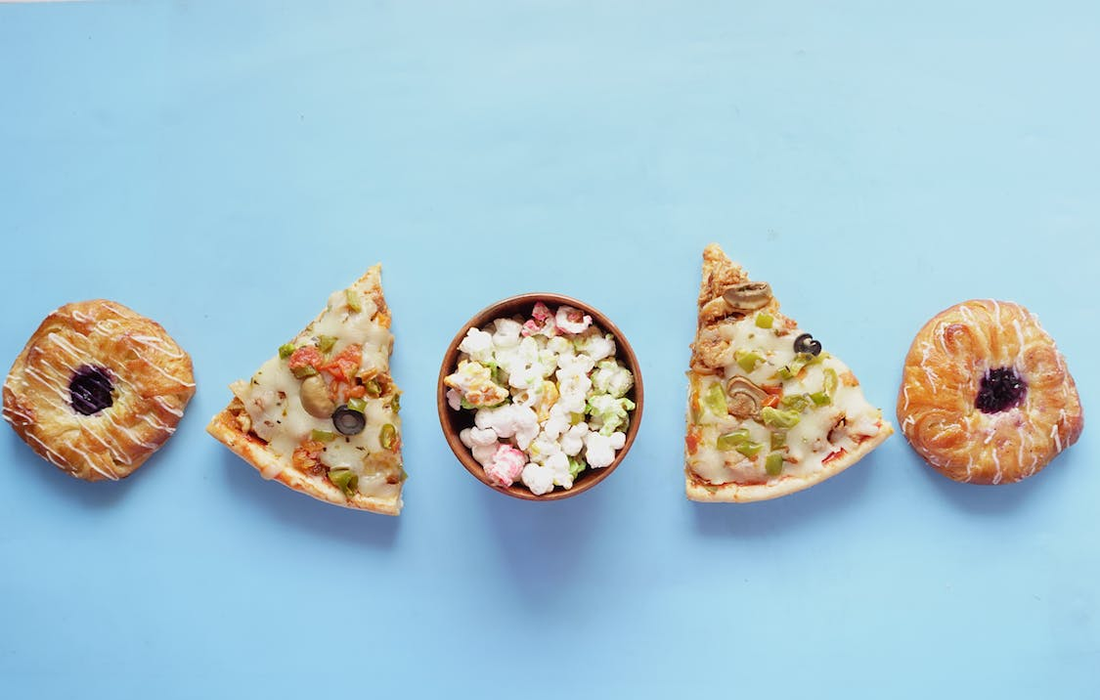Nutrition and Supplements
Junk Food May Impair Our Deep Sleep
In a new study, researchers at Uppsala University have investigated how junk food affects sleep.
Healthy participants consumed an unhealthier as well as a healthier diet in a randomised order. After the unhealthier diet, the quality of the participants’ deep sleep had deteriorated, compared with those who had followed the healthier diet.
The results have been published in the journal Obesity.
Previous epidemiological studies have shown that diets with greater sugar content, for example, are linked to poorer sleep. Yet sleep is an interplay of different physiological states, as Cedernaes explains:
“For example, deep sleep can be affected by what we eat. But no study had previously investigated what happens if we consume an unhealthy diet and then compared it to quality of sleep after that same person follows a healthy diet. What is exciting in this context is that sleep is very dynamic. Our sleep consists of different stages with different functions, such as deep sleep which regulates hormonal release, for example. Furthermore, each sleep stage is hallmarked by different types of electrical activity in the brain. This regulates aspects such as how restorative sleep is, and differs across different brain regions. But the depth or integrity of the sleep stages can also be negatively affected by factors such as insomnia and ageing. Previously, it has not been investigated whether similar changes in our sleep stages can occur after exposure to different diets.”
After each diet, the participants were examined in a sleep laboratory. There, they were first allowed to sleep a normal night, while their brain activity was measured to monitor their sleep. The participants were then kept awake in the sleep laboratory, before being allowed to catch up on sleep. Their sleep was recorded in this case, too.
“What we saw was that the participants slept for the same amount of time when they consumed the two diets. This was the case both while they were following the diets, as well as after they had switched to another, identical diet. In addition, across the two diets, the participants spent the same amount of time in the different sleep stages. But we were particularly interested in investigating the properties of their deep sleep. Specifically, we looked at slow-wave activity, a measure that can reflect how restorative deep sleep is. Intriguingly, we saw that deep sleep exhibited less slow-wave activity when the participants had eaten junk food, compared with consumption of healthier food. This effect also lasted into a second night, once we had switched the participants to an identical diet. Essentially, the unhealthy diet resulted in shallower deep sleep. Of note, similar changes in sleep occur with ageing and in conditions such as insomnia. It can be hypothesised, from a sleep perspective, that greater importance should potentially be attached to diet in such conditions,” explains Cedernaes.
Sources:
Luiz Eduardo Mateus Brandão, Alexandru Popa, Erasmus Cedernaes, Christopher Cedernaes, Lauri Lampola, Jonathan Cedernaes. Exposure to a more unhealthy diet impacts sleep microstructure during normal sleep and recovery sleep: A randomized trial. Obesity, 2023; DOI: 10.1002/oby.23787
Uppsala University. (2023, May 30). Junk food may impair our deep sleep. ScienceDaily. Retrieved May 31, 2023 from www.sciencedaily.com/releases/2023/05/230530125400.htm
Photo by Towfiqu barbhuiya from Pexels: https://www.pexels.com/photo/fast-foods-on-a-blue-surface-9871623/

